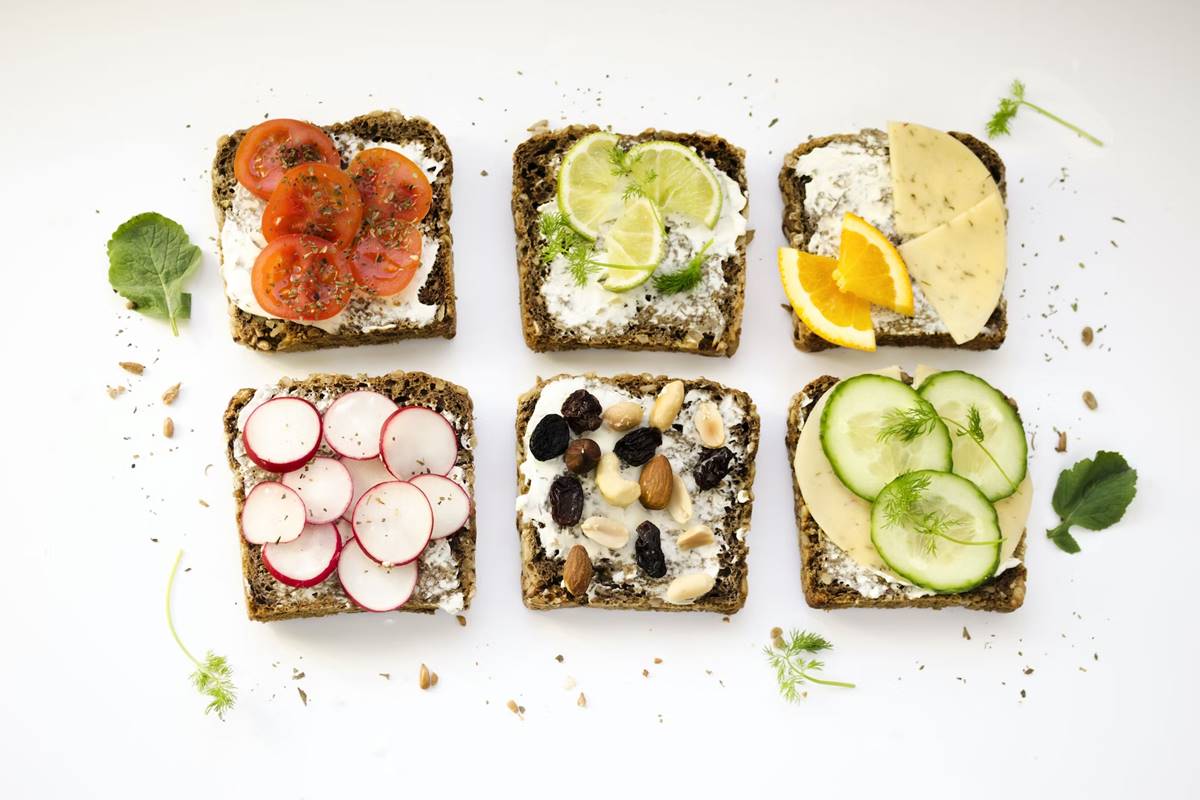Labour, capitalism and poverty are linked
Economic activities have taken the centre-stage of human life. Everyone has to earn his own money to sustain - to obtain food, shelter, education, health and entertainment.
Discover practical tips for achieving healthy eating with diabetes. Learn about balanced carbohydrates, hidden sugars, and the importance of incorporating healthy fats.
Statesman Web | January 24, 2024 6:48 pm

Image Source: Instagram
Diabetes has reached alarming rates globally, posing a significant concern for individuals of all age groups. Despite the perception that diabetes entails bland, boiled food and relinquishing beloved dishes, effective management relies on embracing a wholesome, nutritious diet. In this guide, we offer key adjustments to your daily meal plan that can support mindful and healthy eating goals while dealing with diabetes.
Excessive carbohydrate intake can cause rapid spikes in glucose levels for individuals with diabetes, potentially leading to ketoacidosis. While eliminating carbohydrates entirely may be counterproductive, moderation is crucial. Opt for healthy carbs found in dairy, whole grains, and vegetables to maintain stable glucose levels. Consulting with a nutritionist is essential to determine the appropriate daily carbohydrate intake.
Advertisement
Assumptions about the healthiness of products like granola or morning cereals may be misleading. Brands often mask sugar content by marketing products as healthy. Whether it’s artificial sweeteners, agave, cane sugar, or dextrose, all forms of sugar are harmful to diabetes patients. Seek guidance from a nutritionist or meticulously check labels to avoid unnecessary sugar consumption.
Advertisement
When thinking of fats, one might associate them with junk, processed, or frozen foods. However, unsaturated fats, such as those found in avocado, nuts, olive oil, and salmon, are essential for optimal bodily function.
Empty calories are a definite no-no for diabetic patients. Limit alcohol consumption, as it is high in calories and can impact insulin sensitivity, raising glucose levels. The same caution applies to carbonated drinks, energy drinks, sugary beverages, and commercially available fruit juices. Opt for healthier alternatives like coconut water, detox water with cucumber, lemon, and mint, or homemade fruit juices.
Including fresh produce in your diet provides essential nutrients and vitamins. While these tips offer general guidance for diabetic patients, individual needs vary. Consulting a nutritionist for a personalized and detailed diet plan is imperative. Healthy eating is the key to it!
Also Read: Nourish your brain with these foods
Advertisement
Economic activities have taken the centre-stage of human life. Everyone has to earn his own money to sustain - to obtain food, shelter, education, health and entertainment.
A boy-girl duo, inspired by the movie, ‘Bunty and Babli’, who took to snatching for a lavish lifestyle landed in jail, the Delhi Police informed on Friday.
South Korea on Sunday confirmed an additional foot-and-mouth disease (FMD) case at a local farm, raising the number of cases this year to five, the agriculture ministry said.
Advertisement
